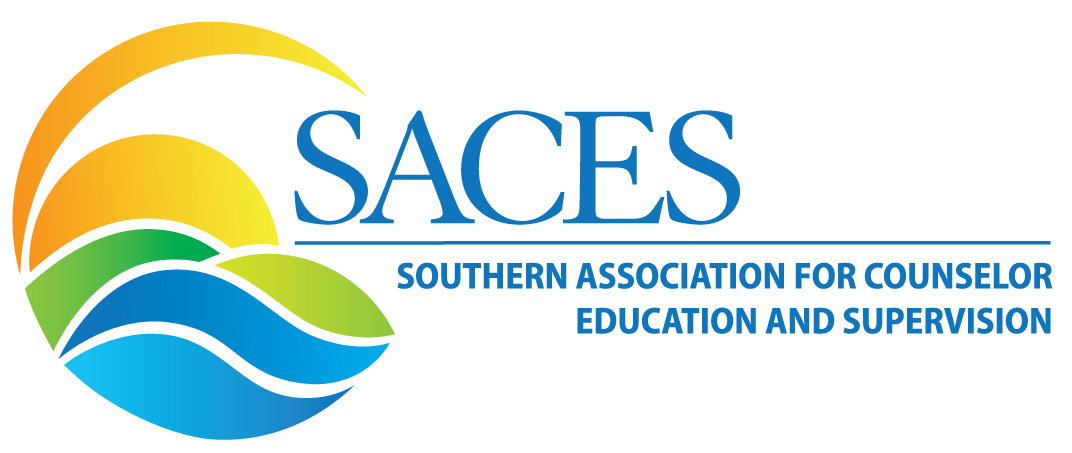Special Issue of Teaching and Supervision in Counseling: Interdisciplinary and Cross-Disciplinary Collaborations in Counselor Education and Supervision
This special issue focuses primarily on interdisciplinary and cross-disciplinary collaborations that enhance the development, training, and supervision of counselors. The counseling profession has grown immensely in the last several decades through burgeoning records of empirical research and a unique professional identity steeped in wellness models, developmental approaches, multiculturalism, and social justice. Given the history of counselor professional identity, researchers have documented timely opportunities to foster noteworthy contributions of counselors with the expansive training curated by the CACREP 2024 Standards. Across Master’s and doctoral curricula, counselor training is distinct through its intensive supervision standards and provision of services to community members, stakeholders, and the public-at-large. The CACREP doctoral standards show a significant depth across several areas beyond the scope of research and practice, namely teaching, supervision, leadership, and advocacy. With the employment opportunities and placement of professional counselors, federal funders have taken a vested interest in expanding educational and training opportunities for professional counselors, supervisors, and counselors-in-training. Notably, public stakeholders, legislators, and federal funders have begun to embrace the impact of counselors-in-training in light of trauma-informed practice (Felter et al., 2022), Medicare coverage (Fullen & Westcott, 2024), mental health shortages in rural areas (Johnson & Brookover, 2020), and critical mental health initiatives within schools (Goodman-Scott et al., 2023; Johnson et al., 2023; Shahraki-Sanavi et al., 2023). As a result, the counseling profession has become a more salient force in public health initiatives. Additionally, interdisciplinary collaboration has underscored opportunities to grow the discipline of counseling internationally beyond the auspices of the United States (Ng et al., 2023). The increasing number of interdisciplinary and cross-disciplinary collaborations in counseling, counselor education, and supervision illuminate (a) the impact of counselor training in multiple scientific, practical, and community spaces; (b) the expansion of counselor training beyond the United States; (c) development of emergent focus areas in counselor training from other specialties; (d) distinctions in licensure and scope of practice; and (e) complex intricacies underlying training and research in counselor education and supervision.
In this special issue, we are inviting both conceptual and empirical manuscripts that illustrate noteworthy interdisciplinary and cross-disciplinary collaborations. We will focus on a higher concentration of empirical articles for the special issue and would encourage potential authors to submit manuscripts that involve data-driven approaches by the completion of the full manuscript submission date. Given the aims and scope of TSC, each submission should have a clear angle for counselor education, teaching, and supervision audiences. Potential topics for this special issue may include:
- Innovative projects featuring collaborations between counselor educators, psychologists, social workers, marriage and family therapists, and psychiatrists
- Licensure initiatives featuring training shifts and collaborations among counseling specialties
- Collaborations across disciplines and specialties in higher education settings (e.g., clinical supervision in advising, academic affairs, and student affairs) and university counseling centers
- Community-engaged practices harnessing interdisciplinary collaborations
- Public health initiatives requiring interdisciplinary efforts in clinical supervision
- International and global initiatives leveraging collaborations among specialties, licenses, and disciplines that support teaching or supervision in counseling
- Interprofessional education
- Federally and foundation funded opportunities that expand on training and workforce development related to counseling (e.g., HRSA, SAMHSA, NSF, NIH, Templeton Foundation, Spencer Foundation, Robert Wood Johnson Foundation)
We are asking potential authors to submit proposals to be considered for the special issue. We encourage collaboration between faculty and graduate student authors. We are inviting authors to provide a three-page proposal for a manuscript that they would like to submit for consideration to tscjournal@saces.org by August 16, 2024.
The three-page proposal needs to include:
- potential title
- indication if this is an empirical or conceptual manuscript
- A description of the rationale, methods, and implications for counselor education, counselor training, or supervision
- An outline of sections of the paper (note: the outline does not have to be in a bulleted list; it can be seriated or written into the narrative)
The proposal should not exceed three pages and should be double spaced, 12-point font, and 1-inch margins.
TSC will be publishing this special issue in the summer of 2025, so the timeline is noted below. The proposal should indicate that you are aware of the timeline and will be able to finalize a manuscript for submission within the time frame if invited.
Tentative timeline:
- Submission of three-page proposal to tscjournal@saces.org by August 16, 2024
- Invitation to submit will be provided to authors by the guest editors by September 16, 2024
- Submission of invited manuscripts through https://trace.tennessee.edu/tsc by January 6, 2025
-
- all submissions should follow author guidelines and submission requirements listed on the website)a
- Initial decision received approximately February 28, 2025
- Final manuscript revisions need to be received by April 28, 2025
- Potential issue will be published in July 1, 2025
Guest Editors
The editors of this special issue are Christian D. Chan, Assistant Professor at The University of North Carolina at Greensboro; Erin C. M. Mason, Associate Professor at Georgia State University; and W. Bradley McKibben, Associate Professor at Jacksonville University. If you have any questions about this special issue, please contact the special issue editors at tscjournal@saces.org.
